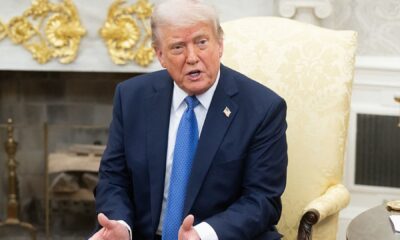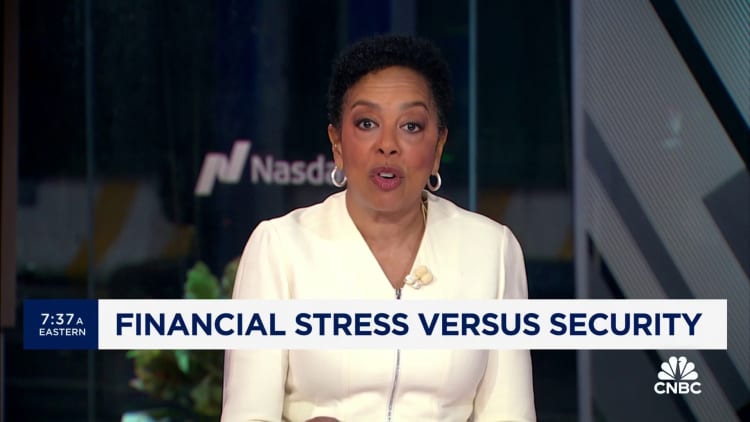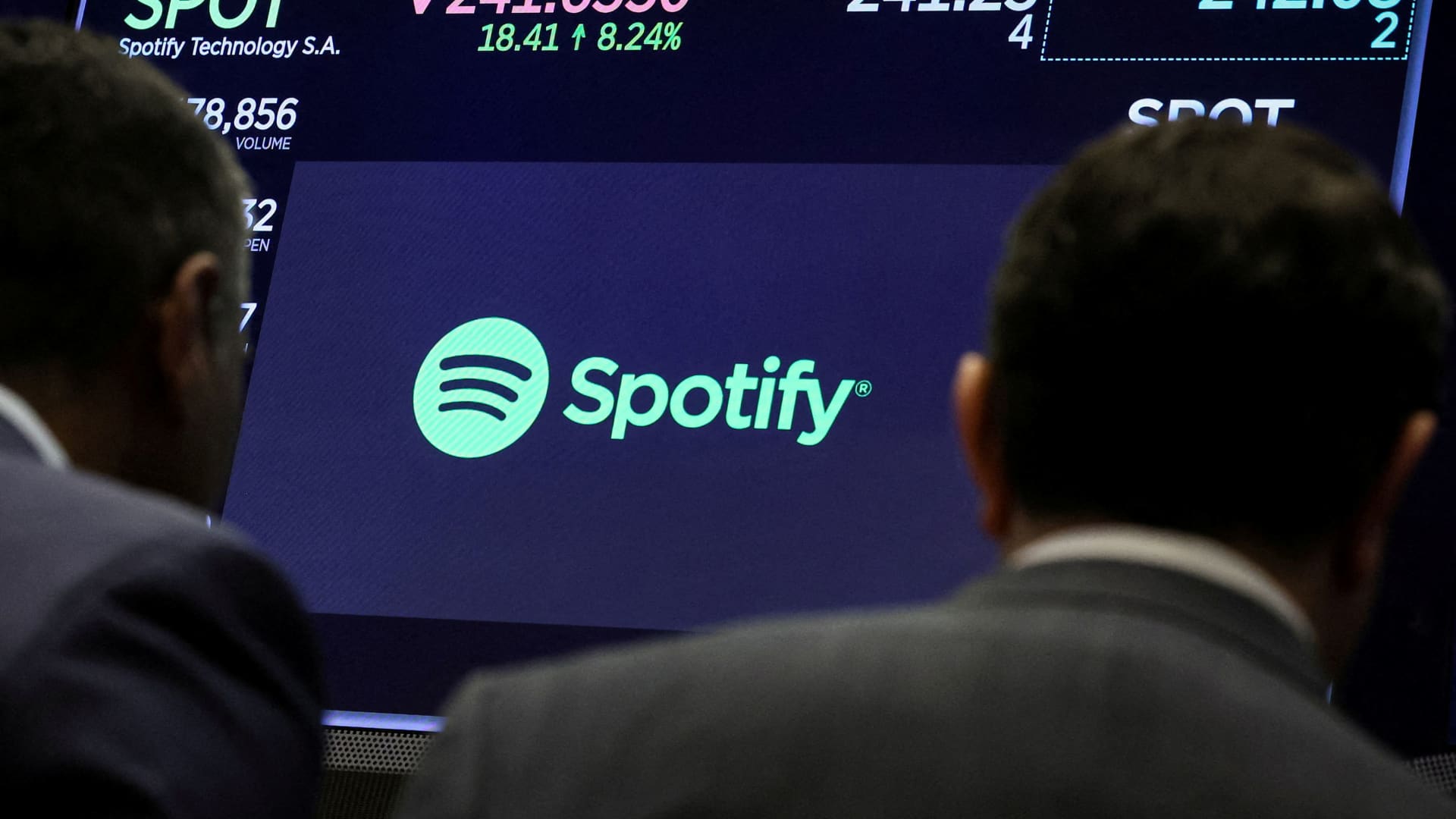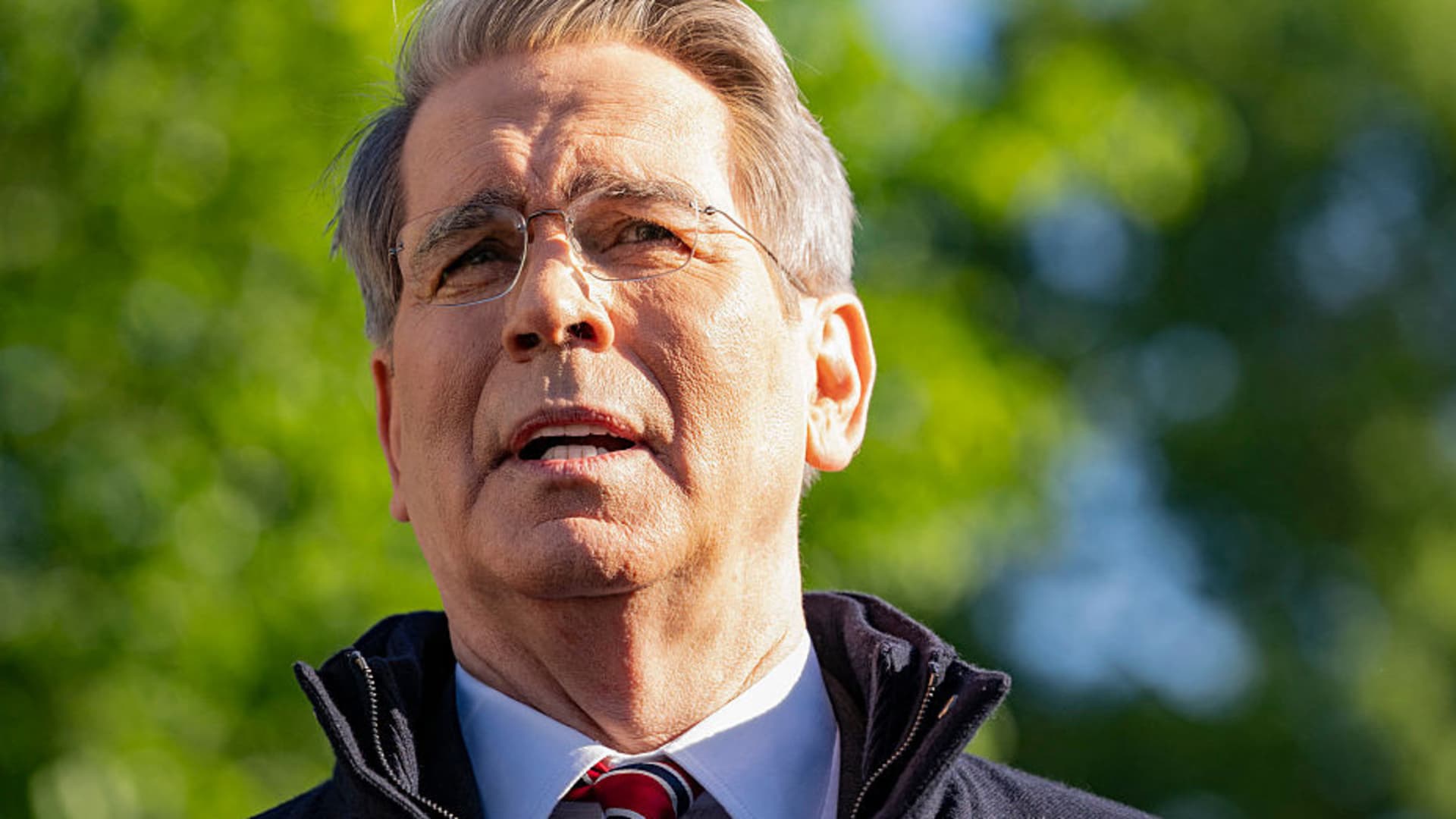Image Source | Image Source | Getty Images
Managing one’s personal finances can seem like a hodgepodge of never-ending checklists and rules of thumb.
With all sorts of financial considerations vying for attention — budgeting, saving, paying off debt, buying insurance, being savvy shoppers — consumers may inadvertently overlook some important nuggets.
Here are some of the biggest financial blind spots, according to several certified financial planners on CNBC’s Digital Financial Advisor Council.
1. Credit scores
Consumers often don’t understand the importance of their credit score, said Kamila Elliott, CFP, co-founder and CEO of Collective Wealth Partners based in Atlanta.
The score impacts how easily consumers can get a loan — like a mortgage, credit card or auto loan — and the interest rate they pay on that debt.
The number generally ranges from 300 to 850.
Credit agencies like Equifax, Experian and TransUnion determine the score using a formula that accounts for factors like bill-paying history and current unpaid debt.
Lenders are generally more willing to give loans and better interest rates to borrowers with credit scores in the mid- to high-700s or above, according to the Consumer Financial Protection Bureau.
Let’s say a consumer wants a $300,000 fixed mortgage for a 30-year term.
The average person with a credit score between 760 and 850 would get a 6.5% interest rate, according to national FICO data as of April 1. By comparison, someone with a score of 620 to 639 would get an 8.1% rate.
The latter’s monthly payment would cost $324 more relative to the person with a better credit score — amounting to an extra $116,000 over the life of the loan, according to FICO’s loan calculator.
2. Wills
Ilkercelik | E+ | Getty Images
Wills are basic estate planning documents.
They spell out who gets your money after you die. Wills can also stipulate who will take care of your kids and oversee your money until your children turn 18.
Planning for such a grim event isn’t fun — but it’s essential, said Barry Glassman, CFP, founder and president of Glassman Wealth Services.
“I’m shocked by the number of well-to-do families with kids who have no will in place,” Glassman said.
Without such a legal document, state courts will choose for you — and the outcome may not align with your wishes, he said.
Taking it a step further, individuals can create trusts, which can assign more control over details like the age at which children gain access to inherited funds, Glassman said.
3. Emergency savings
Westend61 | Westend61 | Getty Images
Choosing how much money to stash away for a financial emergency isn’t a one-size-fits-all calculation, said Elliott of Collective Wealth Partners.
One household might need three months of savings while another might need a year, she said.
Emergency funds include money to cover the necessities — like mortgage, rent, utility and grocery payments — in the event of an unexpected event like job loss.
A single person should generally try to save at least six months’ worth of emergency expenses, Elliott said.
That’s also true for married couples where both spouses work at the same company or in the same industry; the risk of a job loss occurring at or around the same time is relatively high, Elliott said.
Meanwhile, a couple in which the spouses make a similar income but work in different fields and occupations may only need three months of expenses. If something unexpected happens to one spouse’s employment, the odds are good that the couple can temporarily lean on the other spouse’s income, she said.
Business owners should aim to have at least a year of expenses saved since their income can fluctuate, as the Covid-19 pandemic showed, Elliott added.
4. Tax withholding
Elenaleonova | E+ | Getty Images
Tax withholding is a pay-as-you-go system. Employers estimate your annual tax bill and withhold tax from each paycheck accordingly.
“Ten out of 10 people couldn’t explain how the tax withholding system works,” said Ted Jenkin, CFP, CEO and founder of oXYGen Financial based in Atlanta.
Employers partly base those withholdings on information workers supply on a W-4 form.
Generally, taxpayers who get a refund during tax season withheld too much from their paychecks throughout the year. They receive those overpayments from the government via a refund.
However, those who owe money to Uncle Sam didn’t withhold enough to satisfy their annual tax bill and must make up the difference.
People who owe money often blame their accountants or tax software instead of themselves, even though they can generally control how much is withheld, Jenkin said.
Someone who owes more than $500 to $1,000 may want to change their withholding, Jenkin said. That goes for someone who gets a big refund as well; instead, they may wish to save (and earn interest on) that extra cash throughout the year, Jenkin said.
Workers can fill out a new W-4 form to change their withholding.
They may wish to do so upon any major life event like a marriage, divorce or birth of a child to avoid surprises come tax time.
5. Retirement savings
Shapecharge | E+ | Getty Images
“I think people underestimate how much money they’re going to need in retirement,” Elliott said.
Many people assume their spending will decline when they retire, perhaps to roughly 60% to 70% of spending during their working years, she said.
But that’s not always the case.
“Yes, maybe the kids are out of the house but now that you’re retired you have more time, meaning you have more time to do things,” Elliott said.
She asks clients to envision how they want to spend their lives in retirement — travel and hobbies, for example — to estimate how their spending might change. That helps guide overall savings goals.
Households also don’t often account for the potential need for long-term care, which can be costly, in their calculations, she said.

 Blog Post1 week ago
Blog Post1 week ago
 Economics1 week ago
Economics1 week ago
 Economics1 week ago
Economics1 week ago
 Personal Finance1 week ago
Personal Finance1 week ago
 Economics6 days ago
Economics6 days ago
 Economics4 days ago
Economics4 days ago
 Accounting4 days ago
Accounting4 days ago
 Economics4 days ago
Economics4 days ago











